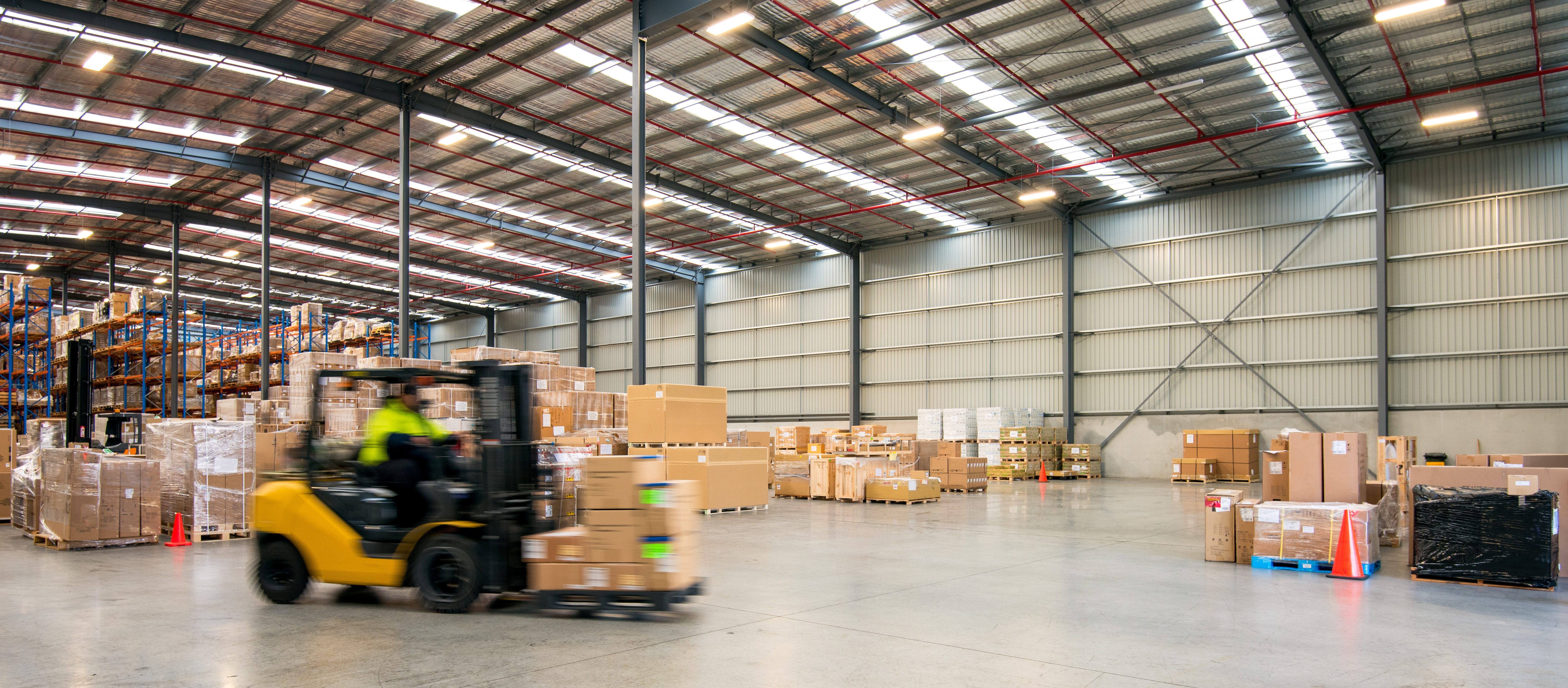The History and Future of 4PL: Revolutionizing Supply Chain Management

In today’s globalized world, supply chain management is crucial in ensuring the efficient flow of goods and services from suppliers to customers. Over the years, various approaches have been developed to optimize supply chains. One such approach that has gained traction in recent times is fourth-party logistics (4PL). 4PL represents an evolution in supply chain management, potentially revolutionizing how businesses manage their supply chains.
The rise of 4PL
The concept of 4PL was introduced in the late 1990s by Accenture, a global management consulting and professional services firm. 4PL represents a higher level of supply chain management, where a single entity is responsible for managing and coordinating the entire supply chain on behalf of the merchants within the network. The 4PL provider acts as an outsourced partner that oversees the movement of goods, information, and services across the supply chain, utilizing advanced technologies and data-driven insights to optimize operations and improve overall supply chain performance.
The rise of 4PL can be attributed to supply chains’ increasing complexity and globalization. Today’s supply chains are vast networks spanning multiple countries and involving numerous suppliers, manufacturers, distributors, retailers, and customers. Managing such complex supply chains requires high levels of coordination, visibility, and efficiency, which can be challenging for businesses to achieve independently. This is where 4PL comes into play, offering a holistic and strategic approach to supply chain management with an emphasis on expanding geographic reach through multi-nodal networks. To understand the differences between 4PL and third-party logistics (3PL), check out this blog article.
Advantages of 4PL
There are many advantages that have led to the proliferation of 4PL throughout the last few years. One of the key advantages of 4PL is its ability to leverage technology to optimize supply chain operations. 4PL providers utilize advanced analytics, automation, artificial intelligence, and other cutting-edge technologies to gain real-time visibility into the supply chain, track and analyze data, identify bottlenecks, and make data-driven decisions. This enables businesses to streamline their supply chain processes, reduce costs, improve delivery times, and enhance customer satisfaction. 4PL providers often have access to a vast network of partners, suppliers, and carriers, which allows them to negotiate favorable rates and terms and optimize transportation routes, resulting in cost savings and improved efficiency.
Another significant advantage of 4PL is its flexibility and scalability. Businesses can engage 4PL providers on a contract basis, allowing them to scale their supply chain operations up or down depending on their needs. This eliminates the need for businesses to invest in expensive infrastructure and resources to manage their supply chains, making it a cost-effective solution. Additionally, 4PL providers can offer customized solutions tailored to the unique requirements of each business, providing a high degree of flexibility and adaptability.
Looking into the future, 4PL is expected to continue its growth and evolution as businesses seek innovative ways to optimize their supply chains. With the increasing adoption of emerging technologies such as blockchain, Internet of Things (IoT), and machine learning, 4PL providers will have access to even more data and insights, enabling them to enhance further visibility, traceability, and efficiency across the supply chain. Moreover, as sustainability and environmental concerns become more prominent, 4PL providers will likely focus on developing eco-friendly supply chain solutions.
What’s in store for 4PL?
The future of fourth-party logistics looks promising as businesses seek innovative ways to optimize their supply chains and overcome the challenges of an increasingly complex and globalized business environment. Here are some potential trends and developments that could shape the future of 4PL:
- Advanced Technologies: The adoption of advanced technologies such as blockchain, IoT, and machine learning is expected to accelerate in the 4PL space. These technologies can enable enhanced visibility, traceability, and data-driven decision-making, allowing 4PL providers to optimize supply chain operations further.
- Artificial Intelligence and Automation: Artificial intelligence (AI) and automation will likely play a significant role in the future of 4PL. AI-powered analytics can process vast amounts of data to generate insights, predictions, and recommendations, enabling 4PL providers to identify and address supply chain issues proactively. Automation, such as robotic process automation (RPA), can streamline repetitive tasks, reducing human error and increasing efficiency in supply chain processes.
- Sustainable and Eco-friendly Solutions: With growing awareness and emphasis on sustainability and environmental concerns, 4PL providers will likely focus on developing eco-friendly supply chain solutions. This may include strategies to reduce carbon emissions, optimize transportation routes to minimize environmental impact, and implement circular economy principles, such as recycling and waste reduction.
- Enhanced Collaboration and Integration: In the future, we can expect increased collaboration and integration among suppliers, manufacturers, distributors, retailers, and customers to optimize supply chain operations. This may involve collaborative platforms, shared data, and information exchange, enabling seamless coordination and visibility across the supply chain. 4PL providers will play a pivotal role in facilitating and orchestrating such collaborative efforts, acting as a central hub that connects and integrates all stakeholders in the supply chain ecosystem.
- Customized and Agile Solutions: As supply chains become more complex and dynamic, 4PL providers may offer tailored solutions that are flexible, scalable, and adaptable to changing business conditions. Predictive analytics, scenario planning, and risk management strategies will be used to proactively identify and address supply chain disruptions, optimize inventory levels, and improve overall supply chain resilience.
- Focus on Customer Experience: Customer experience is a critical factor in today’s competitive business landscape, and it is expected to remain a key focus for 4PL providers. 4PL providers may prioritize customer-centric solutions that enhance customer satisfaction through improved delivery times, order visibility, and responsiveness to changing consumer demands. This will utilize customer analytics, demand sensing, and personalized services to provide an exceptional consumer experience throughout the supply chain journey.
Conclusion
In conclusion, the future of 4PL looks promising, with advanced technologies, sustainability, collaboration, customization, and customer experience expected to shape the evolution of 4PL solutions. As businesses continue to navigate the complexities of global supply chains, 4PL providers are likely to play an increasingly vital role in optimizing supply chain operations and driving business success in the years to come.
Furthermore, new technologies are emerging that make it easier than ever for 3PL providers to create their own 4PL networks, like Extensiv Network Manager. Creating and maintaining a 4PL network used to require costly and time-consuming bespoke technological preparations, but with Network Manager, 3PL warehouses leveraging Extensiv 3PL Warehouse Manager can easily connect with a single, easy-to-use platform that gives visibility into customer inventory, order, and transaction data across the entire network all in one place, without the need for duplicate entry or complicated integrations.
Interested in learning more about expanding your warehouse’s storage capacity and geographic footprint with Extensiv Network Manager? Schedule a demo today!
Source : extensiv.com



